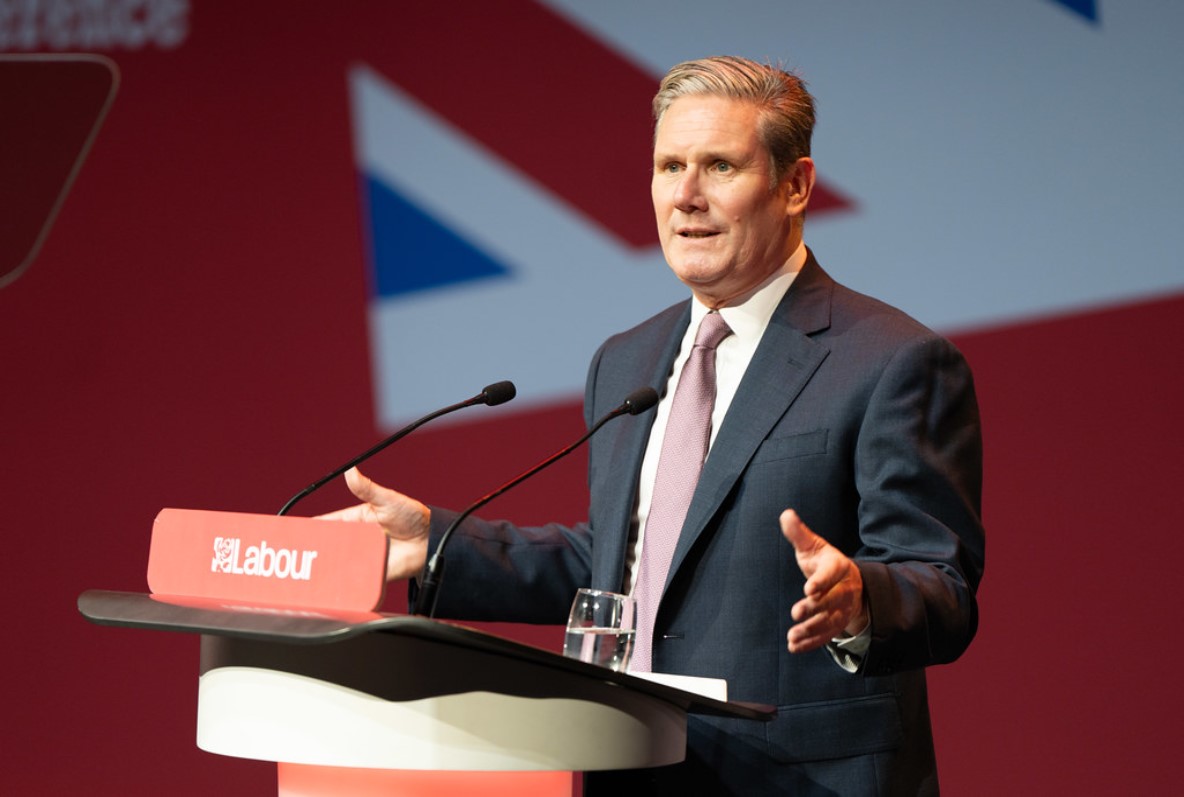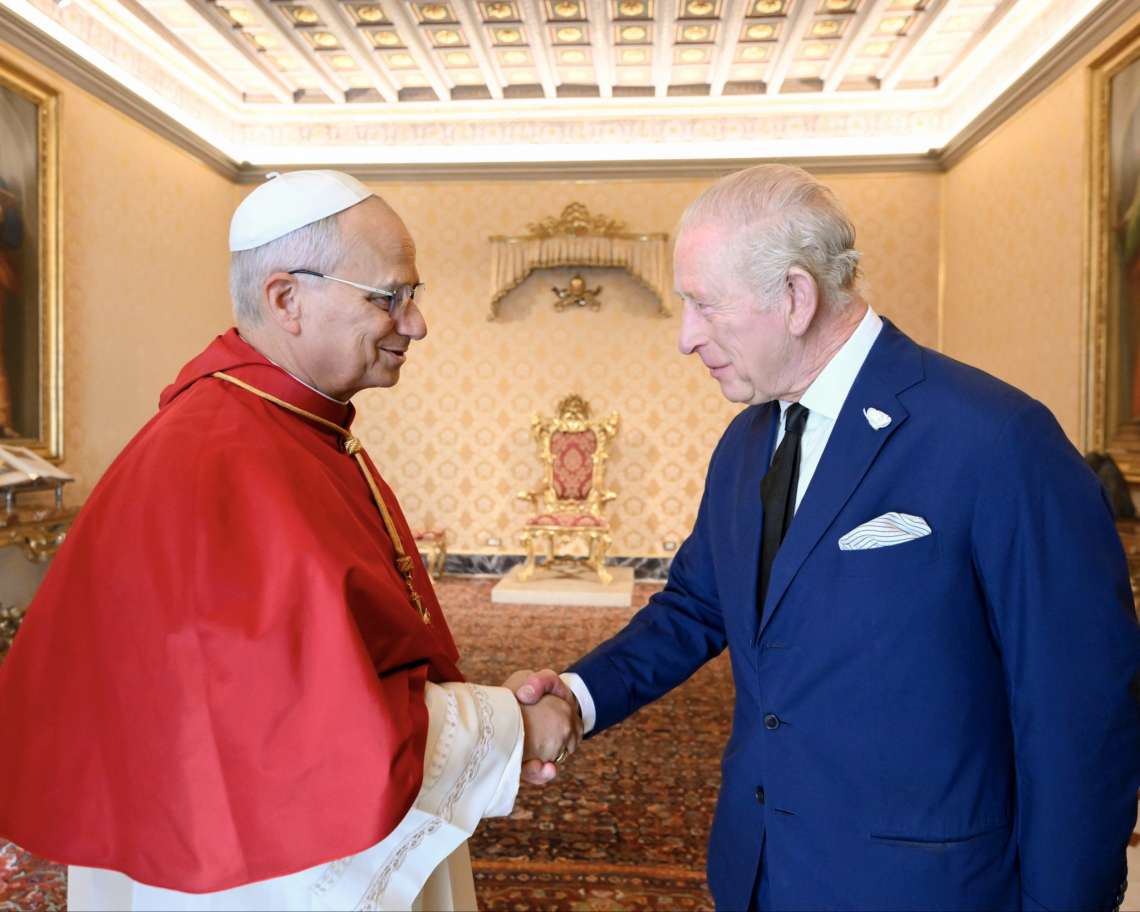The raft of bills will include promises on housebuilding, improving transport, increasing jobs and securing clean energy – reflecting PM’s “first steps” for government that he campaigned during election…reports Asian Lite News
The government will enact tough rules on government spending and strengthen the role of the official budget watchdog in its legislative agenda this week, the new Labour government said on Sunday.
“To ensure nobody can play fast and loose with the public finances ever again, this new bill will strengthen the role of the Office of Budget Responsibility, meaning significant fiscal announcements must be properly scrutinised and that taxpayers’ money is respected,” the government said in a statement, opens new tab.
The agenda is aimed at raising Britain’s rate of economic growth and will be presented by King Charles at the state opening of parliament on Wednesday. The government will unveil more than 35 bills during the first King’s Speech of its tenure, Downing Street has said.
Trailing the significant moment on Wednesday, which will see the King announce the party’s plans for power in a ceremony full of pomp, ministers promised to focus on economic growth and to ensure its legislation supported their mission to “rebuild Britain”.
The raft of bills will include promises on housebuilding, improving transport, increasing jobs and securing clean energy – reflecting Keir Starmer’s “first steps” for government that he campaigned on during the general election.
Number 10 also confirmed a new bill to enforce tough new spending rules, “designed to ensure economic growth, while avoiding the chaos which left families with spiralling bills and wreaked misery on people’s lives”, by strengthening the role of the Office for Budget Responsibility (OBR).
And there will be legislation to “empower regions to deliver change for their communities”, with a promise to “hand the power back to local leaders who know what is best for their areas”.
Reports have also suggested reform of the House of Lords will be included that could see peers forced to retire aged 80, alongside a roadmap for getting rid of hereditary peers.
Speaking ahead of the event, the prime minister said: “Our work is urgent. There is no time to waste. We are hitting the ground running by bringing forward the laws we will need to rebuild our country for the long-term – and our ambitious, fully costed agenda is the down payment on that change.”
Giving further hints at what would appear in the plan, Starmer added: “From energy, to planning, to unbreakable fiscal rules, my government is serious about delivering the stability that is going to turbo charge growth that will create wealth in every corner of the UK.
“The task of national renewal will not be easy, and this is just the down payment on our plans for the next five years, but the legislation set out at the King’s Speech will build on the momentum of our first days in office and make a difference to the lives of working people.”
A day after the significant domestic moment, the prime minister will return to the world stage by hosting the European Political Community meeting at the birthplace of Winston Churchill, Blenheim Palace.
Over 45 leaders will gather on Thursday to discuss “the most pressing generational issues facing Europe”, including migration, energy and defence in the first of the meetings to be hosted by the UK.
Starmer will also hold talks with Irish Taoiseach Simon Harris and French President Emmanuel Macron as the new government attempts to “rebuild relationships with key European partners”, Downing Street said.
Pointing to challenges like the Ukraine war and small boat crossings, the prime minister added: “I said I would change the way the UK engages with our European partners, working collaboratively to drive forward progress on these generational challenges, and that work starts at the European Political Community meeting on Thursday.”
Meanwhile, Starmer has ruled out changes to how the BBC is funded until at least 2027. “We are committed in our manifesto to the BBC and to the licensing scheme,” the prime minister said during his trip to Washington DC this week.
The BBC has faced real terms cuts in recent years, including a two-year freeze on the licence fee, leading to cuts to services and programmes.
The Conservative government suggested in 2022 it would abolish the licence fee when its charter was up for renewal and move towards a voluntary funding model.
But signalling his commitment to the existing model, Sir Keir said: “There’s going to be some more thought between now and [2027], but we are committed to the BBC and we are committed to the licensing arrangements.”
Among programmes impacted by recent cuts was BBC Two’s Newsnight, which was stripped back as part of efforts to find £500m in savings.
The licence fee was frozen at £159 for two years by Nadine Dorries when she was culture secretary in Boris Johnson’s government.














